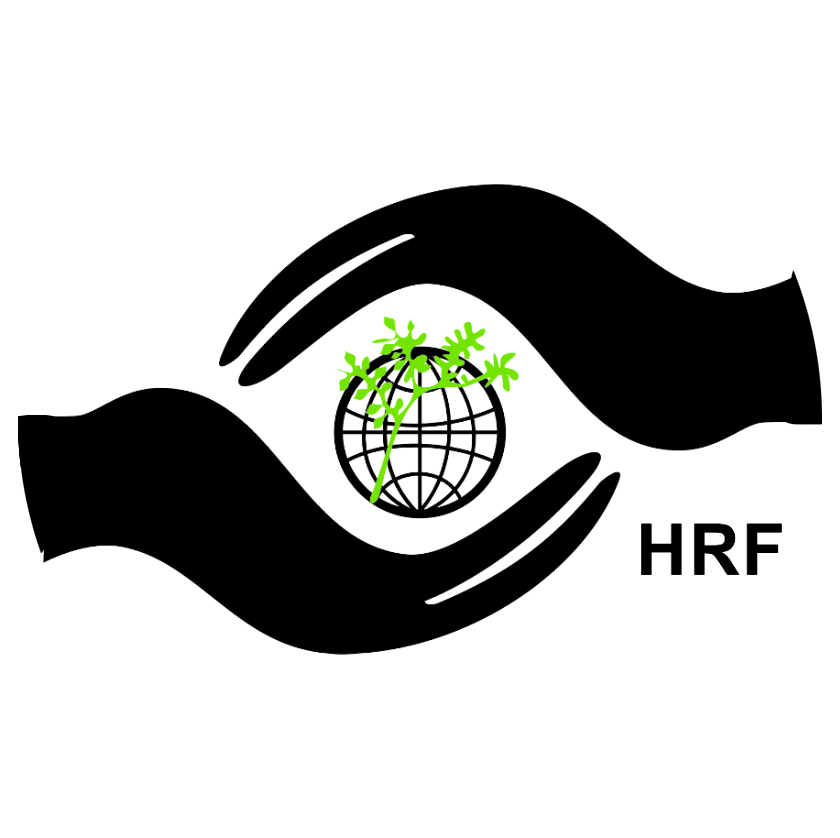Cause Area
Primary Sectors
Financials
-
2022
Total IncomeRs.16,745,345Total ExpensesRs.15,342,401Non Program ExpensesRs.2,137,058Program ExpensesRs.13,205,343Tip: Click on any value above to exclude it. -
2023
Total IncomeRs.13,666,241Total ExpensesRs.15,329,840Non Program ExpensesRs.1,895,416Program ExpensesRs.13,434,424Tip: Click on any value above to exclude it.
Geographies Served
Programs
-
SDGWatch Tamil Nadu VII Annual Convention 2024
District- Tiruvallur
- Krishnagiri
- Virudhunagar
- Thoothukudi
- Theni
- Nilgiris
- Pudukkottai
- Perambalur
- Madurai
- Dindigul
- Ariyalur
- Tiruchirappalli
- Thanjavur
- Erode
- Salem
- Dharmapuri
- Viluppuram
- Tiruvannamalai
- Tiruvarur
- Ramanathapuram
- Chengalpattu
- Coimbatore
- Chennai
- Kanyakumari
- Kanchipuram
- Tiruppur
- Kallakurichi
- Tirupattur
StateDistrict
Tiruvallur
Krishnagiri
Virudhunagar
Thoothukudi
Theni
Nilgiris
Pudukkottai
Perambalur
Madurai
Dindigul
Ariyalur
Tiruchirappalli
Thanjavur
Erode
Salem
Dharmapuri
Viluppuram
Tiruvannamalai
Tiruvarur
Ramanathapuram
Chengalpattu
Coimbatore
Chennai
Kanyakumari
Kanchipuram
Tiruppur
Kallakurichi
Tirupattur
States
Tamil Nadu
SDGWatch Tamil Nadu VII Annual Convention (women and SDG) held on 31 January 2024 in Chennai, Tamil Nadu. 78 participants (43 women, 35 men) from 28 districts and 1 UT. Panel discussions were held on (i) Women and work, (ii) Women and the planet and (iii) Women and sustenance. SDGWatch Tamil Nadu Compendium – Women and SDG: Briefing notes for internal discussion was prepared and released at the meeting.
-
Small Scale Fisher Women (SSFW) Consultation – 2024
StateDistrict
Thoothukudi
Pudukkottai
Madurai
Ariyalur
Tiruchirappalli
Thanjavur
Salem
Dharmapuri
Ramanathapuram
Kanyakumari
Tiruppur
States
Tamil Nadu
To strengthen the small-scale fisher women (SSFW), consultation was conducted in the following 10 districts of Tamil Nadu.
13 February 2024 at Dharmapuri – 50 participants (50 women) participated.
15 February 2024 at Salem – 22 participants (8 women, 14 men) participated.
19 February 2024 at Tiruppur – 19 participants (16 women, 3 men) participated.
22 February 2024 at Madurai – 26 participants (26 women) participated.
23 February 2024 at Ramanathapuram – 44 participants (41 women, 3 men) participated.
24 February 2024 at Thoothukudi – 65 participants (65 women) participated.
25 February 2024 at Kanyakumari – 31 participants (27 women, 4 men) participated.
03 March 2024 at Tiruchirappalli – 48 participants (43 women, 5 men) participated.
04 March 2024 at Pudukkottai – 102 participants (96 women, 6 men) participated.
07 March 2024 at Ariyalur – 15 partic -
Survivors’ Forum – Human Rights Defenders Training – 2024
StateDistrict
Theni
Madurai
Ariyalur
Tiruchirappalli
Thanjavur
Erode
Salem
Dharmapuri
Tiruvannamalai
Kanyakumari
Kallakurichi
Tirupattur
States
Tamil Nadu
Training on monitoring implementation of the Scheduled Castes and the Scheduled Tribes (Prevention of Atrocities) Act, 1989, and survivors’ forums was conducted from 13 February 2024 to 10 March 2024 in 12 districts of Tamil Nadu.
The trainings and forums reached out to 98 survivors (51 female, 47 male) with a total participation of 475 witnesses and Dalit and Adivasi Human Rights Defenders (DAHRD). In addition to assisting the survivors with documentation and further preparation for their cases, they were briefed on their rights, relief, reimbursements (travel allowance and maintenance expenses, TAME), and socioeconomic rehabilitation, and how to access them by DAHRDs and lawyers. DAHRDs and lawyers were also updated on the rights of victims and witnesses, procedures, and enhanced entitlements under the amended Act.
Impact Metrics
-
Coverage: Number of Persons Accessing Entitlements
Program Name
Building Community resilience during and beyond disasters in Tamil Nadu
Year-wise Metrics- 2021-22 10000
- 2022-23 50000
- 2023-24 50000
-
Conviction Rate
Program Name
Monitor the monitors: Implementation of the Scheduled Castes and the Scheduled Tribes (Prevention of Atrocities) Act, 1989
Year-wise Metrics- 2019-20 11
- 2020-21 18
- 2021-22 21
Leadership Team
Demographics & Structure
-
Organisation Strength
None
Registration Details
-
PAN Card
AAATH2745P
-
Registration Number
476/93
-
CSR Form 1
CSR00011404
-
80G
AAATH2745PF20216
-
12A
AAATH2745PE20077
-
FCRA
075900776
About
-
Headquarters
Chennai, Tamil Nadu
-
Since
1993
Impact
Empower the community: The vulnerable groups have been linked to formal support institutions, and have got about ₹776 million in tangible assets (land, houses, pensions etc. and cashflow (work, pensions, welfare board memberships) for over 50,000 individuals from 25,000 households in remote rural and tribal villages. Got or updated over 50,000 records (from community certificates to ration cards) so that the vulnerable individuals and communities could access their entitlements. Monitor the monitors: (a) Increased conviction rate by over 300% – from 6.25% (2017) to 20.1% (2022) (b) Increased relief from 600 cases to over 2,500 cases per annum – over 400% - about ₹100 million per annum. (c) Reduced relief disbursal delays from over eight years to about two years. (d) Increased accountability by identifying individual officers by name, who were under–performing based on government data, which led to their removal. (e) Monthly reports from the districts and state level were prepared and sent for the first time in 30 years (f) State Vigilance and Monitoring Committee meetings which were not conducted for over six years are being conducted annually since 2019. Defend the defenders: Over the past 30 years, we have successfully built the capacity of over 10,000 human rights defenders, equipping them with crucial knowledge and skills. Our extensive range of resource materials has been regularly updated to cover vital topics including child rights, women’s rights, strengthening local government, human rights, coastal rights and ecology, as well as the Sustainable Development Goals (SDGs). We have also developed simplified tools for monitoring various acts and rules. In addition to these achievements, we have established and reinforced more than 10 civil society networks and platforms, fostering solidarity and collaborative action across these critical areas.
Vision and Mission
HRF works to promote a clean and safe ecosystem for sustainable development and governance, striving for power that is decentralized, democratic, transparent, and accountable.
Political & Religious Declarations
-
Political Affiliation
-
Religious Affiliation
Location
-
Headquarters
Old No.131, New No.271, 1st Floor, Linghi Chetty Street, George Town
Directions, Chennai, Tamil Nadu -
Offices in Cities
Other Details
-
Type
Non-profit
-
Sub Type
Trust
Website
Technology Adoption
-
SOC 2 Compliant
No
-
Financial Management
-
Beneficiary Management

